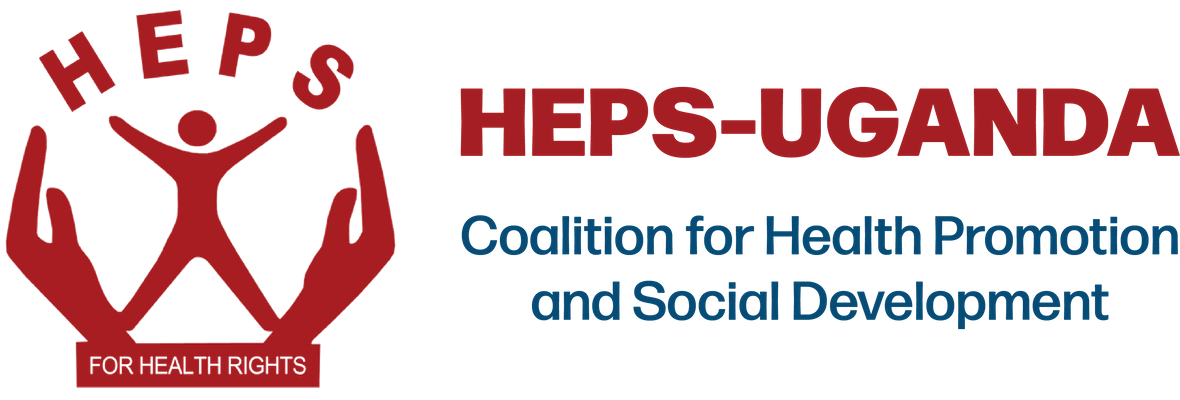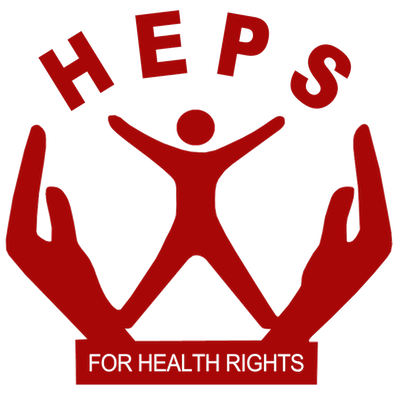The Lira district One Health Committee/team has committed to scaling up the fight against Antimicrobial Resistance (AMR). This committee comprises experts in human and veterinary health, Water and Environment Experts, Community development experts among others.
The pledge came at the end of a two days training (28th and 29th April 2021) on AMR and the National Action Plan (NAP) on AMR.
The training is part of the activities by HEPS-Uganda under the Fleming Fund Country Grant Two, aimed at averting the health and economic burden of AMR in Uganda. The Project is funded by Mott MacDonald through the Infectious Diseases Institute.
The project aims to strengthen governance of AMR surveillance with a One Health Approach, sustaining the existing support to AMR and Antimicrobial Use (AMU) surveillance in human health and expand to additional sites, sustain existing support to AMR and AMU/C surveillance in terrestrial animals as well as expand AMR surveillance to include the Environment sector.
One Health is a collaborative, multisectoral, and transdisciplinary approach, that involves working at the local, regional, national, and global levels — with the goal of achieving optimal health outcomes recognizing the interconnection between people, animals, plants, and their shared environment.
Speaking at the opening of the training, Denis Kibira, the HEPS-Uganda Executive Director said that AMR is a big global health threat that requires collective effort and action now. He also observed that the training of One Health teams will also cover the districts of Mbarara, Masaka, Jinja, Soroti, Mbale, Gulu, Arua, Kabale.
On his part, Edmond Aceka, the Lira District Health Officer said that “It’s good that we are talking about the challenge of AMR. It is a time bomb that should have been handled yesterday. AMR is here with us and it’s time to act together to scale up surveillance but most importantly sensitize the public. This issue has been exacerbated by human practices like self-medication, poor use of antibiotics, buying human and veterinary drugs from unlicensed outlets; all which can be minimized if the public is more aware.”
At the end of the training, the Lira District One Health team agreed to strengthen inter-sectoral collaboration and scale-up activities like community sensitization on AMR. “We will give full support and keep synergizing and cascade the knowledge on AMR to everybody,” Olet Ogwang Charles – Senior Environment Officer Lira District said.
Why AMR
Antimicrobial resistance (AMR) threatens the effective prevention and treatment of an ever-increasing range of infections caused by bacteria, parasites, viruses, and fungi.
According to the World Health Organization, AMR occurs when bacteria, viruses, fungi, and parasites change over time and no longer respond to medicines making infections harder to treat and increasing the risk of disease spread, severe illness, and death. As a result, the medicines become ineffective and infections persist in the body, increasing the risk of spread to others.
WHO has declared AMR as one of the top 10 global public health threats facing humanity; with misuse and overuse of antimicrobials identified as the main drivers in the development of drug-resistant pathogens.
It is estimated that at least 10 million people will die due to AMR globally by 2050 if the current trend continues, with the developing world shouldering the greater burden.
National Action Plan on AMR
According to the MOH Annual Health Sector Performance Report for the financial year 2014/2015, microbial infections, including pneumonia, tuberculosis, and sepsis, accounted for 18.4 percent of hospital-based mortality. Pneumonia was the biggest contributor at 9.7 percent and also microbial infections were responsible for 37 percent of all hospital admissions.
The Uganda AMR National Action Plan (NAP) which is aligned with the WHO Global Action Plan is intended to be a guide for Ugandan stakeholders contributing to efforts to confront and contain the problem. The NAP has strategic objectives and proposes actions aimed at focusing government and partner efforts in the following strategic areas: Raising awareness and understanding of the AMR problem and containment options; Improving prevention, detection, and control of infectious agents; Optimizing the use of antimicrobial medicines; Generating knowledge and evidence through surveillance; Research and innovation.
Download the full NAP version on https://heps.or.ug/file-download/download/public/444






